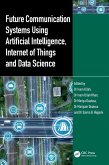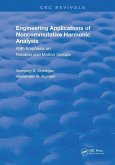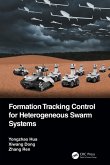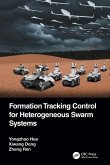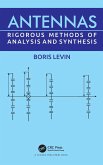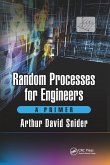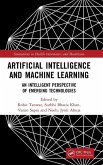The contents of this book comprise an appropriate background to start working and doing research on mean-field-type control and game theory. To make the exposition and explanation even easier, we first study the deterministic optimal control and differential linear-quadratic games. Then, we progressively add complexity step-by-step and little-by-little to the problem settings until we finally study and analyze mean-field-type control and game problems incorporating several stochastic processes, e.g., Brownian motions, Poisson jumps, and random coefficients.
We go beyond the Nash equilibrium, which provides a solution for non- cooperative games, by analyzing other game-theoretical concepts such as the Berge, Stackelberg, adversarial/robust, and co-opetitive equilibria. For the mean-field-type game analysis, we provide several numerical examples using a Matlab-based user-friendly toolbox that is available for the free use to the readers of this book.
We present several engineering applications in both continuous and discrete time. Among these applications we find the following: water distribution systems, micro-grid energy storage, stirred tank reactor, mechanism design for evolutionary dynamics, multi-level building evacuation problem, and the COVID-19 propagation control.
"With such a demand from engineering audiences, this book is very timely and provides a thorough study of mean-field-type game theory. The strenuous protagonist of this book is to bridge between the theoretical findings and engineering solutions. The book introduces the basics first, and then mathematical frameworks are elaborately explained. The engineering application examples are shown in detail, and the popular learning approaches are also investigated. Those advantageous characteristics will make this book a comprehensive handbook of many engineering fields for many years, and I will buy one when it gets published."
- Zhu Han
We go beyond the Nash equilibrium, which provides a solution for non- cooperative games, by analyzing other game-theoretical concepts such as the Berge, Stackelberg, adversarial/robust, and co-opetitive equilibria. For the mean-field-type game analysis, we provide several numerical examples using a Matlab-based user-friendly toolbox that is available for the free use to the readers of this book.
We present several engineering applications in both continuous and discrete time. Among these applications we find the following: water distribution systems, micro-grid energy storage, stirred tank reactor, mechanism design for evolutionary dynamics, multi-level building evacuation problem, and the COVID-19 propagation control.
"With such a demand from engineering audiences, this book is very timely and provides a thorough study of mean-field-type game theory. The strenuous protagonist of this book is to bridge between the theoretical findings and engineering solutions. The book introduces the basics first, and then mathematical frameworks are elaborately explained. The engineering application examples are shown in detail, and the popular learning approaches are also investigated. Those advantageous characteristics will make this book a comprehensive handbook of many engineering fields for many years, and I will buy one when it gets published."
- Zhu Han



